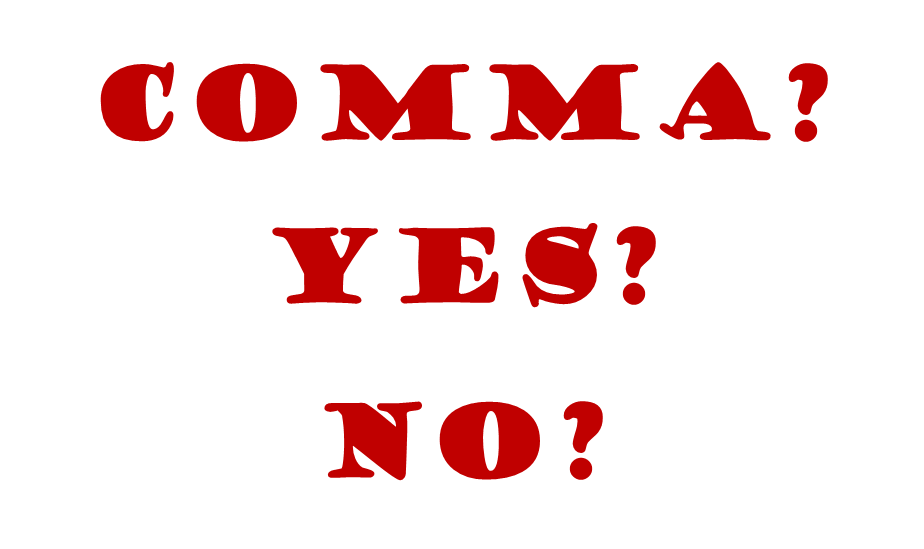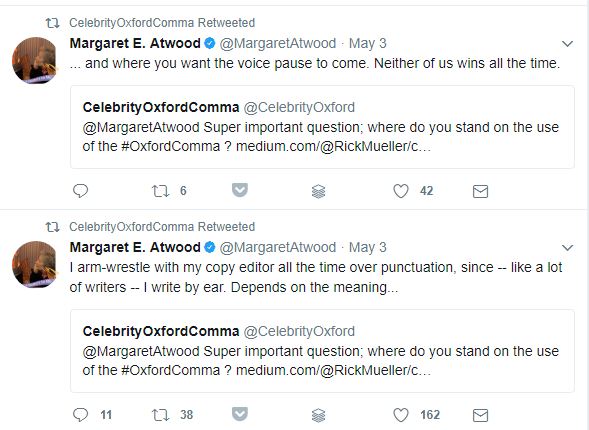Has anyone ever told you that you should insert a comma into a sentence every time you take a breath as you read the sentence aloud? Most of us probably have. But that doesn’t mean it’s a grammar rule that should be widely accepted or slavishly followed.
Below you’ll find more practical and grammatically validated information about comma usage.
Commas and Conjunctions
Commas should always be used when you’re using coordinating conjunctions to join two independent clauses in a sentence. FANBOYS (For, And, Nor, But, Or, Yet, So) is a helpful mnemonic device for remembering common coordinating conjunctions. Those words function as connectors in a sentence.
Example: He wanted to go to the movies, but I wanted to go out to dinner.
Note: Be aware of FANBOYS imposters that are commonly used in sentences, such as “however,” “therefore,” “moreover,” etc. Those words are conjunctive adverbs. Oftentimes when they’re used in between two independent clauses in a sentence, they can be removed to form two complete sentences instead. For example, consider this sentence: “The moon was bright, however, the forest still remained dark.” It can be changed to read: “The moon was bright. The forest still remained dark.”








